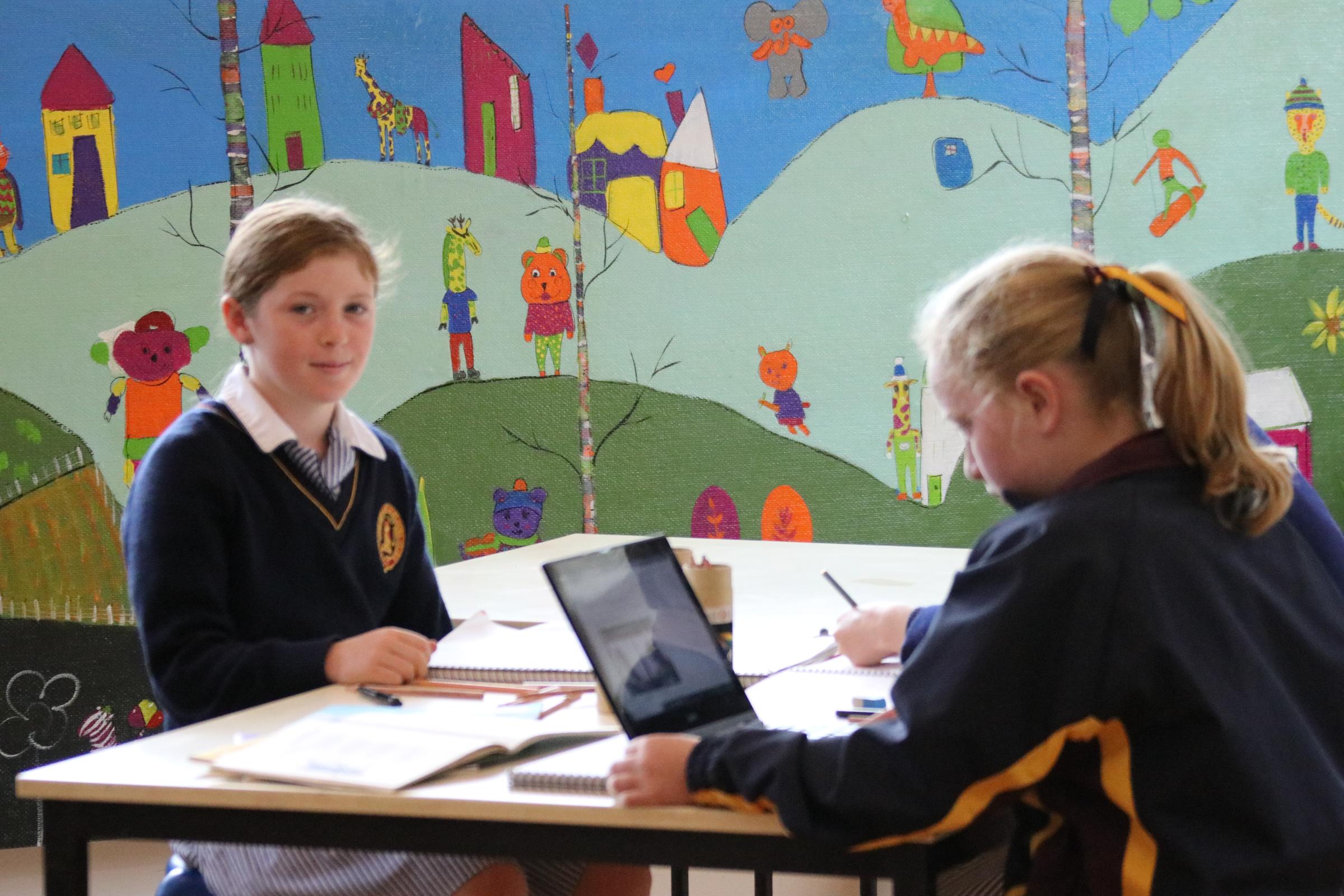
Teaching and Learning
Feedback is a compelling influence on learner achievement. When teachers seek or at least are open to what learners know, what they understand, where they make errors when they have misconceptions when they are not engaged- then teaching and learning can be synchronised and powerful. Feedback to teachers makes learning visible.
Hattie, J. (2009). Visible learning, Oxford, UK: Routledge, p173
There has been a lot of chatter about feedback in the education space in the last decade.
Educators know that feedback is vital. But for feedback to shape student learning, it needs to be timely, relevant, actionable. It is week five of the term and as we push past the halfway mark, students are being assessed, written samples are being completed, portfolios are being collated and students are reviewing areas of their course that needs attention.
Throughout the term, teachers are gathering data on your child through work samples, assessments, quick quizzes that check for understanding and longer projects that require careful design thinking. Each approach to the curriculum offers your child a new way to show off their knowledge and apply it. It is for this reason that the “little” activities, the short homework tasks and classwork are just as important as the end of unit test. Teachers prepare tasks that provide students with formative feedback, ongoing discussion about what is working and what area of the course requires more revision.
Learning is as much about the process, the little tasks, the everyday interaction in the classroom, as the end of term assessment and final report. At The Hamilton and Alexandra College, learning is our core business and the story we like to tell is one of an ongoing conversation with your child about what they learn, how they apply it and why it is important. Parent, student, teacher interviews are held at the end of this term. I would encourage parents and guardians to review their child’s record book and have an early conversation with them about their academic progress. Invite your child to summarise the feedback they have received on their work so far. In doing so, you are partnering with an excellent team of educators who want the best outcomes for your child’s learning.
In the words of Ralph Waldo Emerson, “Life is a journey, not a destination.”
I like to think that learning is a process too, that is ongoing and lifelong.
Susan Bradbeer
Deputy Principal Teaching and Learning
